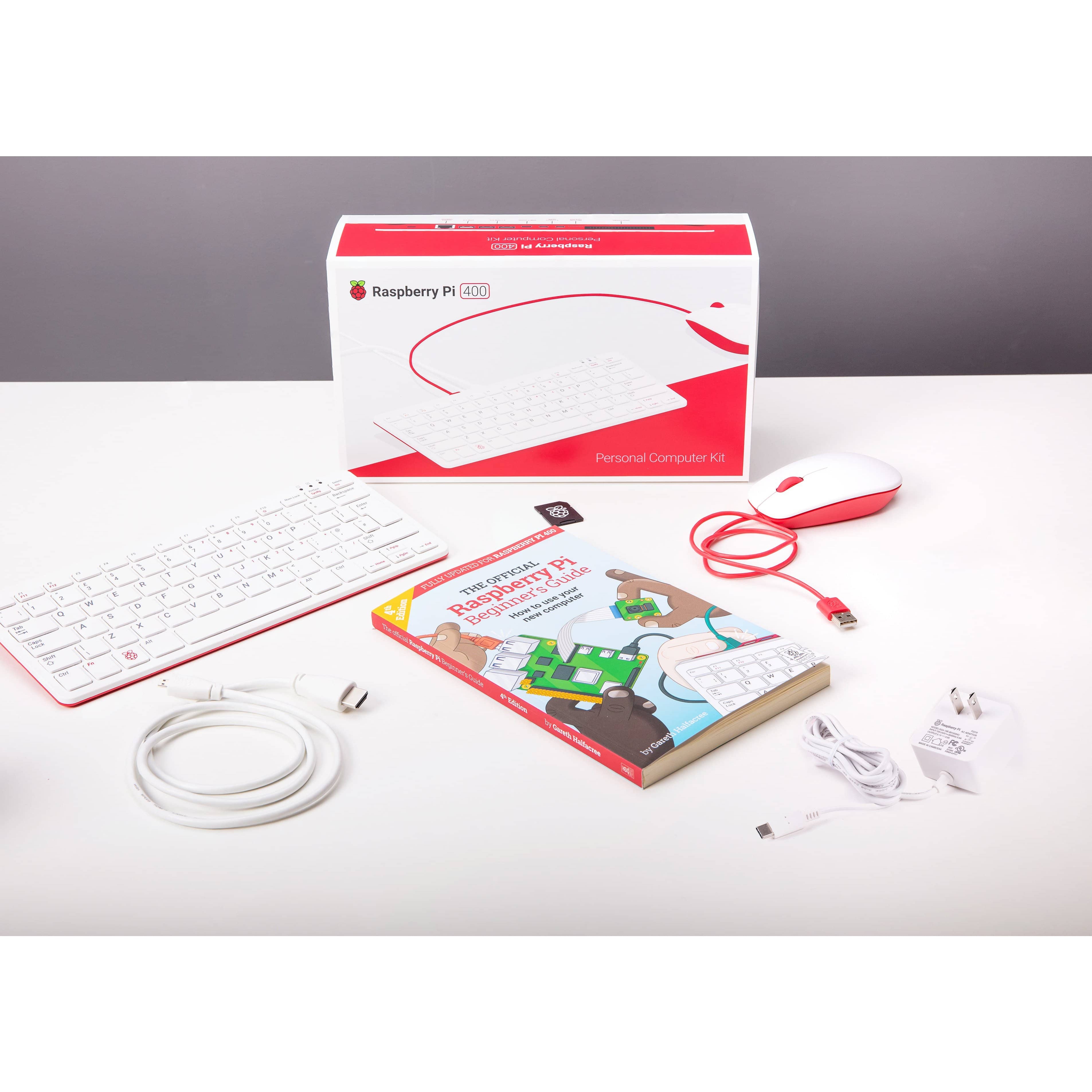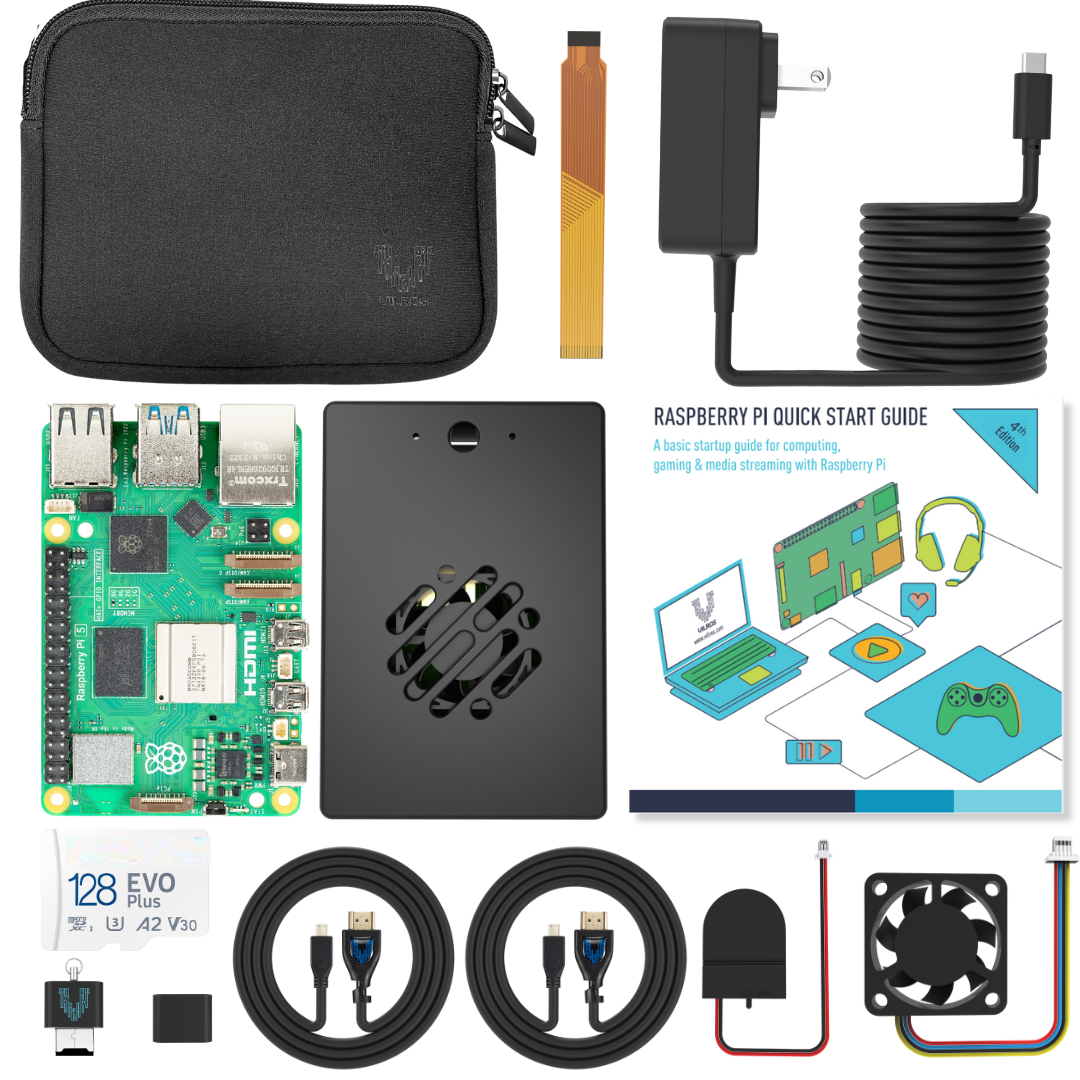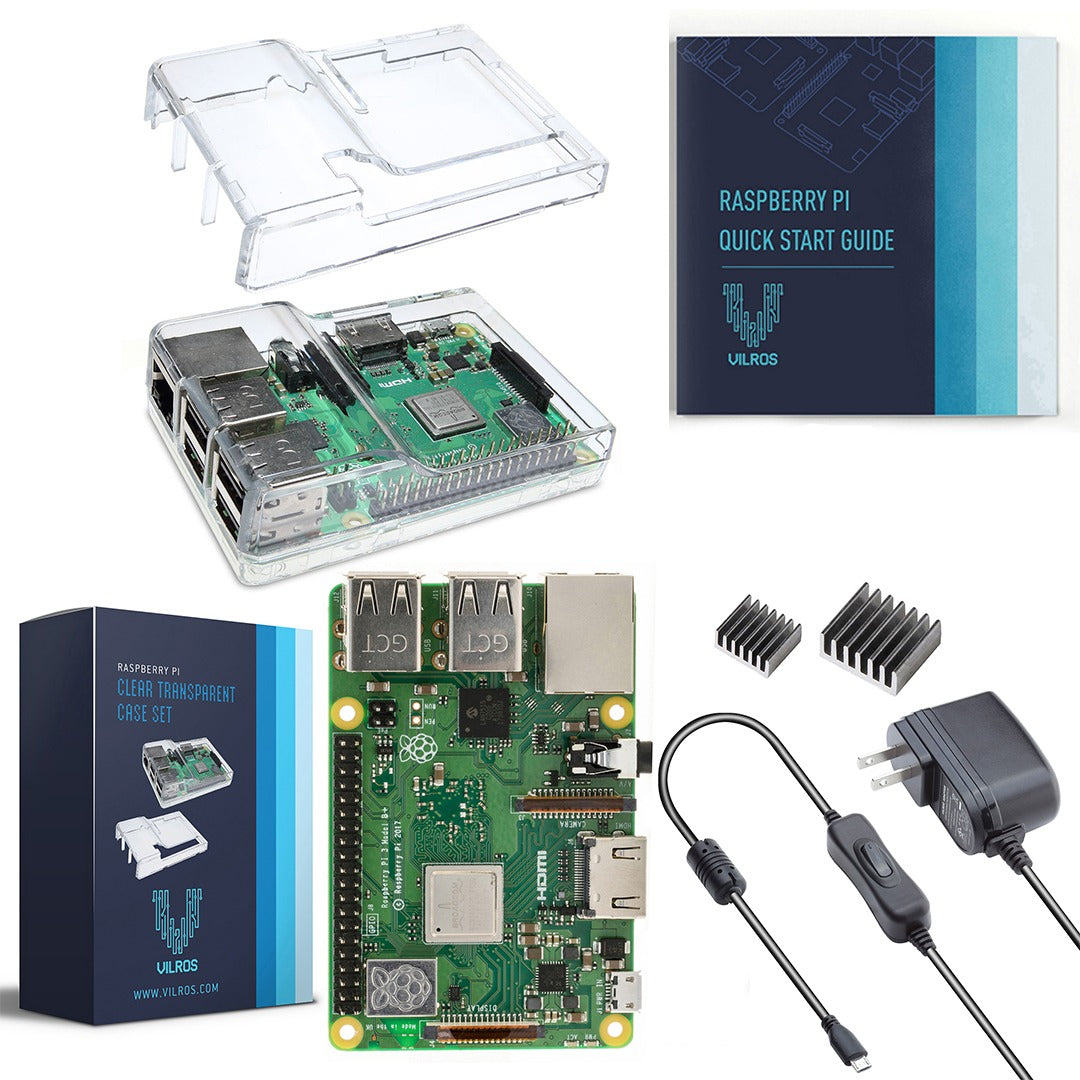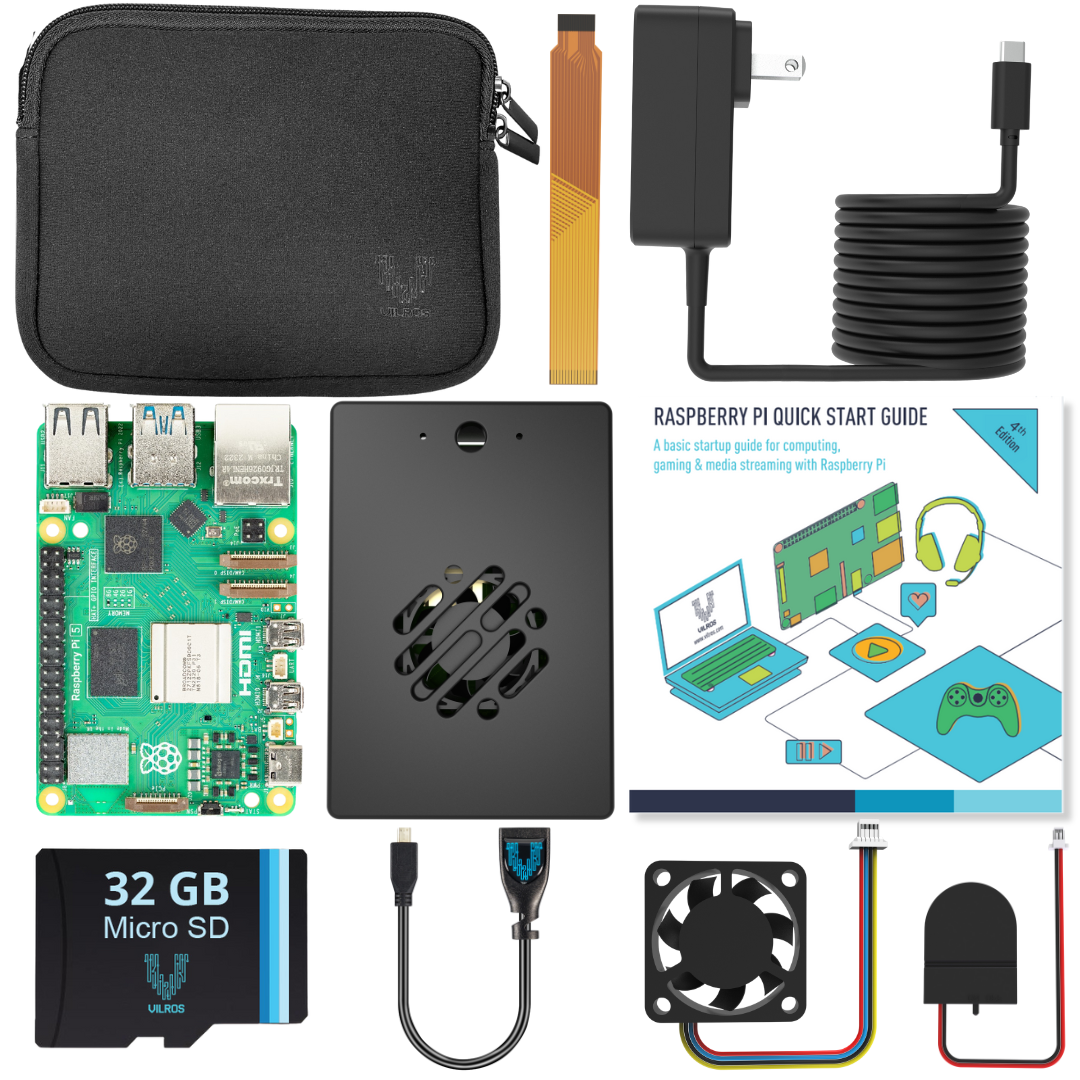
How You Can Volunteer Your Raspberry Pi to Help with Treatments for COVID-19
How You Can Volunteer Your Raspberry Pi to Help with Treatments for COVID-19
Do you want to be part of the solution of discovering COVID-19 pandemic treatments? Do you have a Raspberry Pi and reliable access to the internet? If so, you can be a volunteer participant in the OpenPandemics – COVID-19 project – and it won’t have to cost you a thing!
Right now, the Forli Lab (part of Scripps Research) is collaborating with volunteers who are part of IBM’s World Community Grid to work on computational experiments to help discover new potential COVID-19 treatments.
Scientists around the world are working diligently to develop a vaccine (though this may still take many month - if not years - to produce). Simultaneously, scientists are also researching possible treatments for COVID-19 symptoms, to help those who do contract and are suffering from the disease.
The OpenPandemics – COVID-19 project is an example of such treatment-seeking research – and it’s actively in need of more volunteers willing to donate Raspberry Pi computing power. As a volunteer, you can make a significant impact in accelerating the research, and it’s literally something you can do in your sleep!
Understanding Your Role as a World Community Grid Volunteer
As a volunteer for IBM’s World Community Grid, you would be participating in a social initiative to support humanitarian scientific research.
To volunteer, you would download a secure software program called BOINC. (This program can be run on Mac, Windows, and Android devices – and, yes, also on your Pi.) When your device is not utilizing full power, the BOINC program will start to automatically run a simulated experiment to help predict the effectiveness of a potential chemical compound as a possible COVID-19 treatment. Once it returns the results of a particular simulation, the program then automatically requests another.
In this OpenPandemics – COVID-19 project, volunteers’ devices are needed to run millions of simulations in a process of “molecular docking,” which examines how multiple molecules might fit together: when a simulated compound is shown to dock with a simulation of the COVID-19 virus, it reveals an interaction that could lead to a potentially effective treatment against the disease.
As a World Community Grid Volunteer, your device would be generating and contributing research calculations when it would otherwise be idle – so, beyond downloading and running the software, you wouldn’t have to change a thing about your daily routine while still helping scientists speed up the research process.
You can find out more about the minimum requirements necessary to participate on the World Community Grid’s System Requirements page.
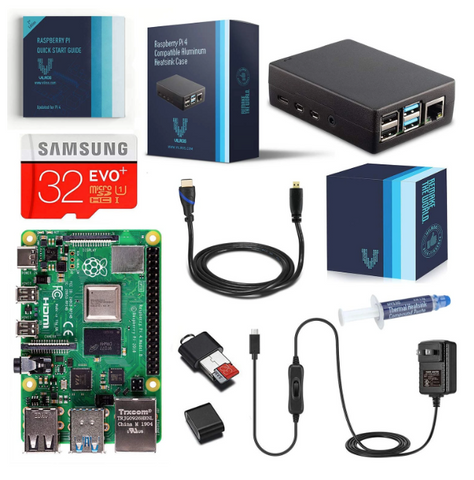
Preparing for Future Pandemics
Currently, the OpenPandemics – COVID-19 project is the only World Community Grid project that’s compatible with Raspberry Pi – but technology teams are working hard to make sure it’s just the first.
Scientists are concerned that we may soon face more global pandemics, and researchers will benefit from quick access to proven tools and techniques. For this reason, the research team at OpenPandemics – COVID-19 is building a software infrastructure that can be used in the future to streamline the research process.
The World Community Grid values open data, so all their data findings and the tools they develop will be made publicly available to the world’s scientific community.
Get Involved!
Can you donate some of your Pi’s processing power?
In this case, it really is the truth that every act of participation makes a difference. You can get involved by signing up on this page jointly sponsored by the World Community Grid and Raspberry Pi Foundation.
And be sure to come back to this Vilros blog for more news and project ideas for Arduino and Raspberry Pi!





